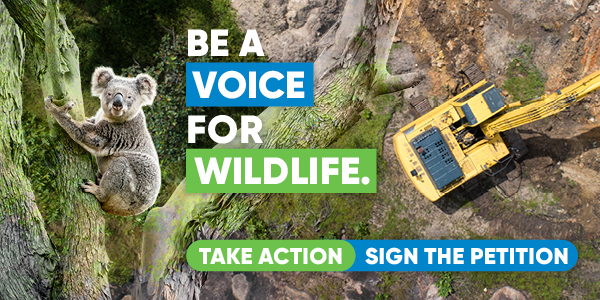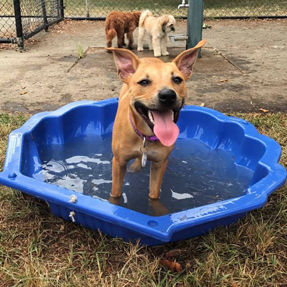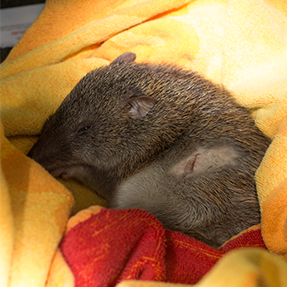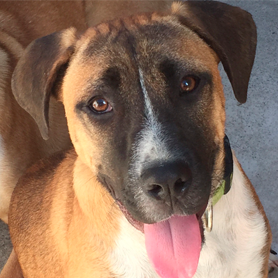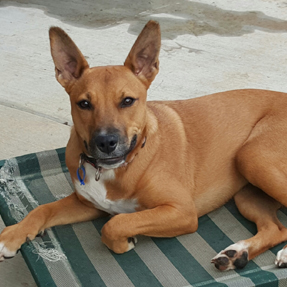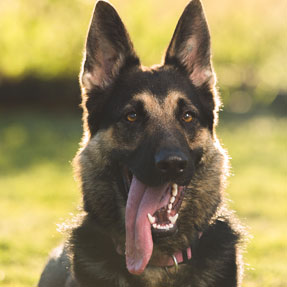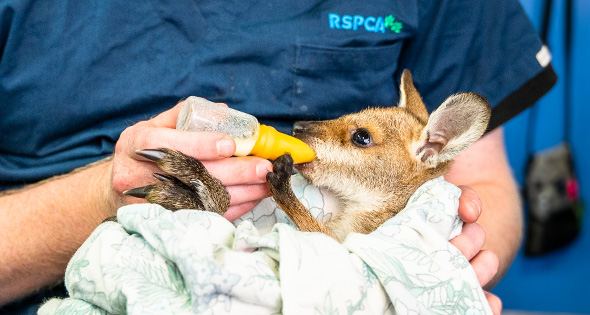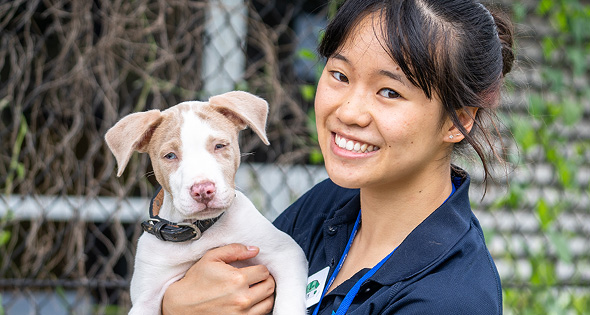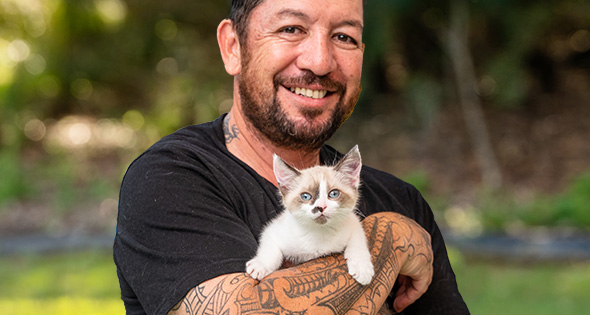A new report from Greenpeace Australia Pacific and RSPCA Queensland has revealed the shocking scale of wildlife being displaced, harmed or killed annually from deforestation - 100 million animals in total.
In five years, a substantial area of 2.4 million hectares of forest and woodland habitats, either mature or advanced regrowth, was bulldozed or cleared wholly or partly in Queensland and New South Wales.
Deforestation doesn't just remove valuable koala habitat. In our urban and peri-urban environments it leads to fragmentation of forests resulting in continual death and injury of koalas.
Take action now
But, there is something you can do to help protect our endangered koalas and precious wildlife.
We're calling on the Queensland Government to introduce stronger protections for wildlife habitat and end native animal suffering.
Lend your voice to our call for stronger protection for wildlife habitat!
What needs to change
Deforestation leads to habitat fragmentation. It exposes our wildlife to dog attacks, vehicle collisions and stress which causes disease.
With the population projected to reach around six million people in Southeast Queensland by 2046, there is an increasing demand for land to accommodate the rapidly expanding population and industries.
This growing demand poses a significant challenge to the preservation of koala habitat in the future.
We need major changes in policy to reduce the suffering and wildlife deaths:
- To prohibit or prevent most bushland habitat destruction, especially in areas that remain largely unfragmented;
- To support research to better quantify and understand the impacts of deforestation on forest dependent wildlife, including directly and indirectly impacted individuals;
- To mitigate welfare impacts of any bushland destruction that is allowed through pre-clearing surveys and rehoming of displaced animals;
- To ensure destroyed habitat areas are replaced or offset by restored habitat of the same type and quality;
- To take steps in already developed areas to reduce the ongoing hazards to wildlife from human activities by, for example, establishing wildlife corridors between fragmented areas of previously intact habitat, wildlife bridges over roadways, and stronger controls over human activities within wild habitats;
- To enhance public education about the impacts of deforestation on native animal welfare; and
- To support collaborations between veterinarians, wildlife rescue and conservation organisations, focusing on areas with heavy current deforestation rates or high potential future deforestation risk.
Lend your voice to our call for stronger laws for wildlife!
Help your local wildlife
Call 1300 ANIMAL
If you find injured or sick wildlife, contact the RSPCA's 24/7 Animal Emergency Hotline 1300 ANIMAL (264 625). If you can, safely transport the animal to your nearest vet.
Tip: Some animals may be too large, flighty or aggressive to transport yourself, so call the RSPCA or your nearest wildlife carer to assist in animal rescues. Also remember never handle flying foxes yourself!
Donate to our new Wildlife Hospital
At RSPCA Queensland, we treat over 24,000 sick and injured native animals every year at our Wildlife Hospital. Their rescue, veterinary care and rehabilitation is critical to help them get a second chance in the wild.
Right now, planning is underway for a new purpose-built Wildlife Hospital and Centre of Excellence situated in Redland City.
The new facility will help in protecting and preserving our wild animals in Southeast Queensland and feature cutting-edge technology, international best practices, and enhanced abilities to care for and rehabilitate wildlife, along with wildlife education and research onsite.
You can help our vision become a reality by donating today.

